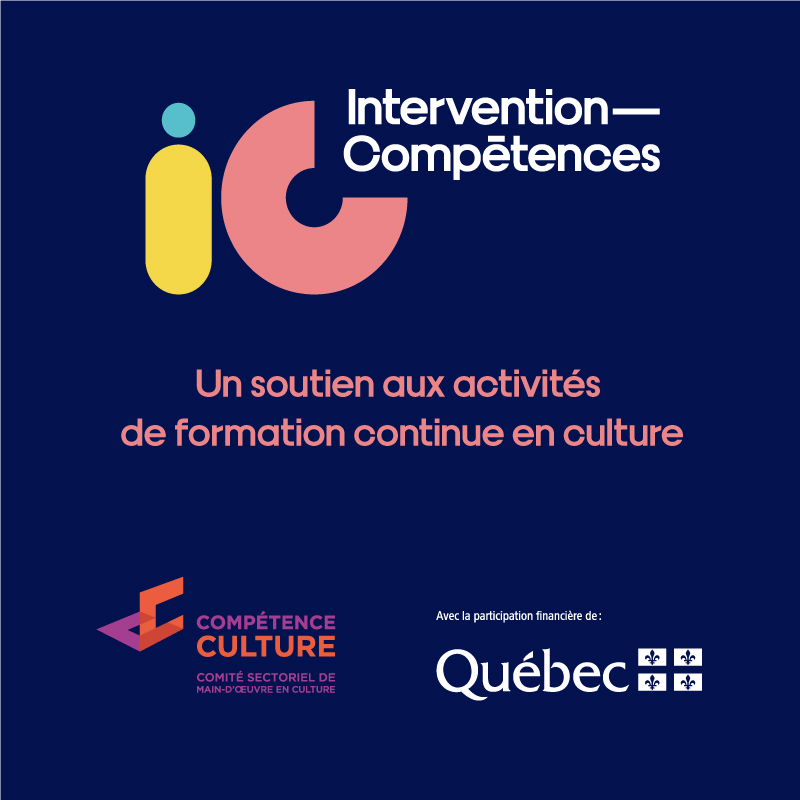Partnering Workshop : advanced level
2:00PM to 5:00PM
75$ (single price)
Circuit-Est's Peter-Boneham, 2022, Sherbrooke Est street, Montreal
Register
No drops-ins. If you register, you must attend the whole workshop
Whether you are a dancer, choreographer, dance teacher or rehearsal director – beginner or advanced – this workshop is an opportunity for you to learn or deepen important partnering notions. We want to understand and explain how to execute different kinds of partnering work expressively, efficiently, and safely.
You’ll learn to master choreographic duets by creating short pieces inspired by existing works that have been subjected to dramaturgical analysis. Throughout the workshops, you’ll be exposed to a number of stimulating artistic and technical challenges. You’ll work in practical detail on the technical subtleties of working with partners, the relationship to each other, different types of transitions and their effect on interpretation, types of lifts and their effect on the dramaturgy of the work. Theoretical notions will be considered on a case-by-case basis, according to the needs of the moment.
As in Level 1 of this course, choreographers, teachers and rehearsal directors will receive special attention to develop their ability to observe performance from an external point of view, and thus better intervene with the dancers working under their supervision.
We will offer the pedagogical digital book Art et technique du travail de partenaires to be used as a reference and learning support throughout the workshop. The cost of the book is included in the workshop fee.
Methodology
Dramaturgy of partner work
- Analysis of excerpts from existing works with distinctive technical and artistic features.
- Creation of original choreographic sequences.
- Gain awareness of the link between the mechanical characteristics of different types of lift and the dramaturgical impact of these choices on the artistic work.
Objectives
- Recognize, name and create different mechanical characteristics of new movements to be learned and relate them to previously acquired knowledge.
- Apply a problem-solving approach adapted to the challenges encountered.
- Relate to your partner, both in terms of working method and interpretation.
- Understand the impact of the mechanical characteristics of lifts on the aesthetic aspect of their choreographic work.
- Exercise artistic freedom within a prescribed choreographic framework.
Who can benefit from this training?
This workshop is for professional dancers, as well as choreographers, rehearsal directors and dance teachers who have completed Level I of the course, who are familiar with the trainer’s working method, terminology and biomechanical principles, or who already have good partnering skills.
Instructor

© Laurent Theillet
Sylvain Lafortune has been compelled by partnering since 1972. Throughout his rich dance career that carried him all over the world in masterworks of the classical and contemporary repertoires, he was most celebrated in his partner work. He has collaborated on the creation of many original duets, including Lar Lubovitch’s Concerto 622 and Fandango, as well as James Kudelka’s In Paradisum and Désir. He is currently dancing in L’un l’autre, a duet co-created with Esther Rousseau-Morin, in which they explore partnering with complicity and sensitivity.
Since 1999, he has regularly offered classes and workshops in several post-secondary institutions, universities, dance schools and conservatories all over the world. His teaching is now part of the program at the École de danse contemporaine de Montréal (EDCM) and the École de danse de Québec. The recent publication of his book Art et technique du travail de partenaires makes him an authority on the subject.
- Fill out our registration form.
- Shortly afterwards, you’ll receive an e-mail confirmation of receipt, explaining how and when to pay.
This workshop is offered by the Regroupement québécois de la danse. It is made possible through financial support from the Gouvernement du Québec through the Intervention-Compétences program administered by Compétence Culture.




